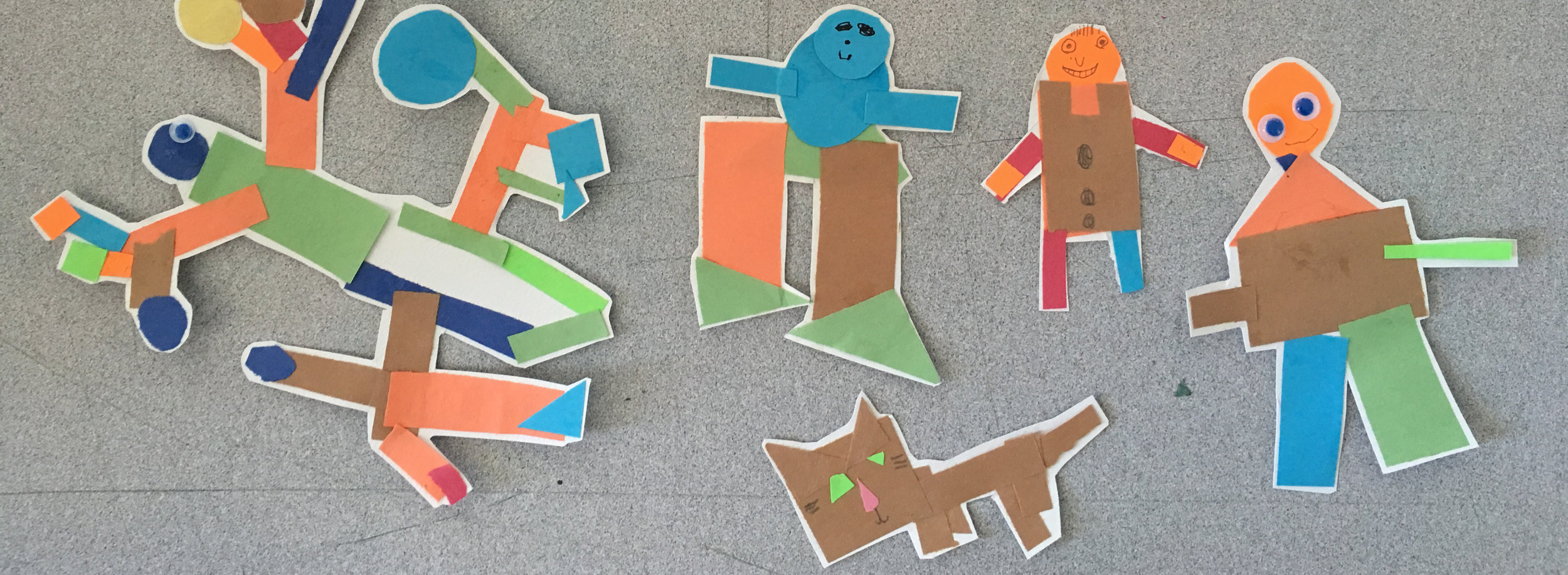Portland Play Project is a Reggio-inspired, family-centered and ecologically-based preschool in NE Portland, Oregon, serving children ages 3-5. We are a collaborative community that embraces diversity, nurtures each child’s innate sense of curiosity and wonder and provides children with social and emotional tools to become kind, empathic and compassionate people.
Curriculum
In the Classroom
We are a Reggio-inspired school with a special focus on ecology and the arts. Reggio-inspired schools are inspired by Reggio Emilia, a small Italian town whose community members started a movement in the 1940’s towards progressive and cooperative early childhood education. We are social justice advocates and allies!
Additionally, all Reggio-inspired schools use a constructivist philosophy of education – one where the students interests create the curriculum and the teacher facilitates experiences. For example, early one rainy spring the some children may become fascinated by rainbows. The teacher can guide this learning by providing opportunities to delve into this interest over the next few days, weeks or months. She may teach about color theory and the scientific properties of rainbows. She may fill windows with prisms, find fantastical stories about rainbows and magical creatures, invite a local expert from the community to share their knowledge, sing songs, write stories, make art, perform a play or walk to the library to collect new books. The content for study is endless. Through this project work students build relationships with their peers, begin to understand the connectedness between all things and will undoubtedly create new theories about the world we live in.
In the garden
One of my greatest joys in life is teaching children about where their food comes from. At PPP we value an experiential education - one where we’re using all of our senses - touching, smelling, looking, listening, tasting and intuiting - we’re also using other sensual capacities: we’re creating a sense of place, sense of wonder, sense of our own boundaries and capacities, sense of danger, sense of time. I believe it is through observation that these senses are developed, fine tuned and celebrated. By working with our hands in the dirt, with the animals, and exploring living plants and organisms in the soil, we deepen our understanding of cycles and rhythms-which make up this life. We are creating a sense of place with our surroundings and developing a sense of care for the natural parts of our planet. We’re observing chaos and order, and we're learning a lot about how to grow, harvest and prepare our own food in line with the changing seasons.
“If a child can’t learn the way we teach, maybe we should teach the way they learn.”
Conflict and Mediation
At PPP we strive to use compassionate communication as a tool to seek resolution and peaceful outcomes - also to understand things don't always go our way and resolution may take time and hard work. Teachers value this style of communication in their own lives and use these methods as ways to support students. One of our goals is to empower children to resolve their own conflicts, use their peers as supports and seek support from a teacher as a last result. This doesn't happen overnight! A lot of hard work from the students, families and teachers is present at all stages.
Language that we encourage may sound like, “Meg, Nora and I tried everything we could to figure out our problem on our own. And it's still not working, can you help us?, or, “Sam, I notice you and Lily are having trouble figuring out how to share the shovel. Would you like some support from an adult?”
When big emotions happen, as they do, we remember that each child learns in their own way, and the way we support one student will look very different from the other. Through careful observation, trial and error and connection we do our best to support each student as well as we can. We like the phrase used in the Positive Discipline Approach: Connection before Correction!
Philosophical Influences
We gain inspiration from pioneers in the field of progressive and liberal education such as Paulo Freire, Jean Piaget, Jerome Bruner and John Dewey; we value perspectives of early childhood theorists such as Loris Malaguzzi, Vivian Gussin Paley, Freidrich Froebel and Rudolf Steiner; we actively follow the work of contemporary feminist and progressive educators such as Parker Palmer, Ron Miller and bell hooks; perhaps most importantly, we deeply honor sustainability education and Traditional Ecological Knowledge (TEK) and look up to it’s most influential leaders such as Winona LaDuke, David Orr, Stephen Sterling, John Mohawk and Chief Oren Lyons.
Daily Routine
We have rhythm
A glimpse into the daily rhythm of a normal school day
Testimonials
Our praises.
Our families love us and we love them! See their stories.
Gallery
See what we're up to
Look. Feel. Listen.



